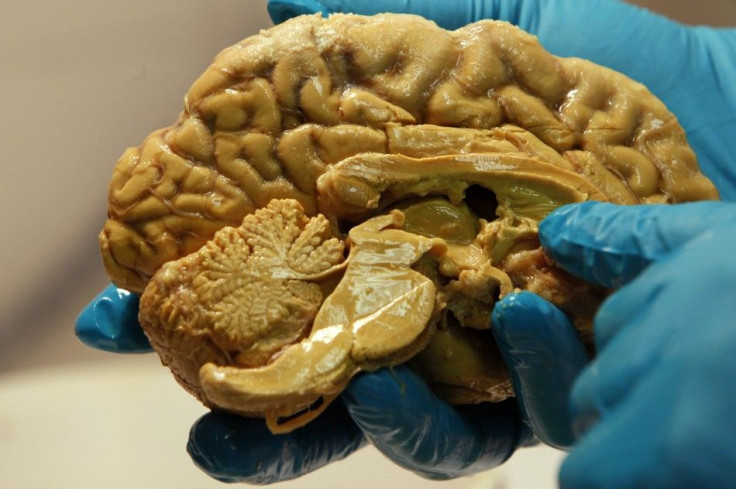Alzheimer's Disease Drug Can Help Autistic Children, Finds New Study
KEY POINTS
- Misfolded and abnormally-shaped Tau protein is a characteristic of Alzheimer’s disease
- It damages the brain cells that are essential for learning and memory
- Researchers found deposits of this protein in the postmortem brain of an autistic child
An experimental drug called NAP which was originally developed to treat Alzheimer’s disease restores brain functions in a neurodevelopmental genetic disorder and its severe implications include autism, finds a new study.
The experts at Tel Aviv University found deposits of tau protein in the brain tissues isolated from the postmortem of a 7-year-old child with autism. Tau protein is typically found in Alzheimer’s disease patients. It is a substance that damages brain cells that are essential for learning and memory.
The child had suffered from ADNP syndrome – a mutation that leads to malfunctioning of the ADNP protein which is crucial for brain development.
Taking into account these findings, the researchers tested an experimental drug called NAP which was designed to treat Alzheimer’s disease patients. They found that the drug was successful in regenerating damaged nerve-like cells in autism.
"When we compared the postmortem ADNP syndrome brain tissues to tissue from the brain of a young person without ADNP syndrome, we found deposits of the tau protein in the ADNP child, a pathology that characterizes Alzheimer's disease," the study’s lead author Prof. Illana Gozes told Tel Aviv University American Friends.
When they treated the damaged nerve-like cells comprising of an ADNP mutation similar to the deceased child's mutation with NAP, they found that the tau protein is bound to the nerve cell perfectly, and in turn, the cells returned to normal function.
The researchers hope that their new finding of Alzheimer's disease drug could help restore normal function of impaired cells that are crucial for brain development and could be used to treat ADNP syndrome and its severe implications, including autism spectrum disorder.
"Moreover, because other genetic disorders related to autism are characterized by tau pathologies in the brain, we hope that those suffering from these syndromes will also be able to benefit from NAP treatment in the future," Prof. Gozes added.
The experimental drug NAP has been classified as an "orphan drug" by the US Food and Drug Administration and is currently in its early stages of a clinical trial in children diagnosed with ADNS syndrome.

© Copyright IBTimes 2024. All rights reserved.






















